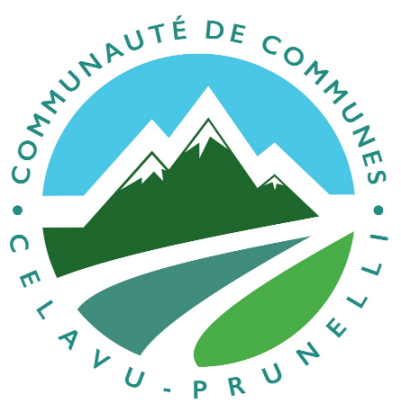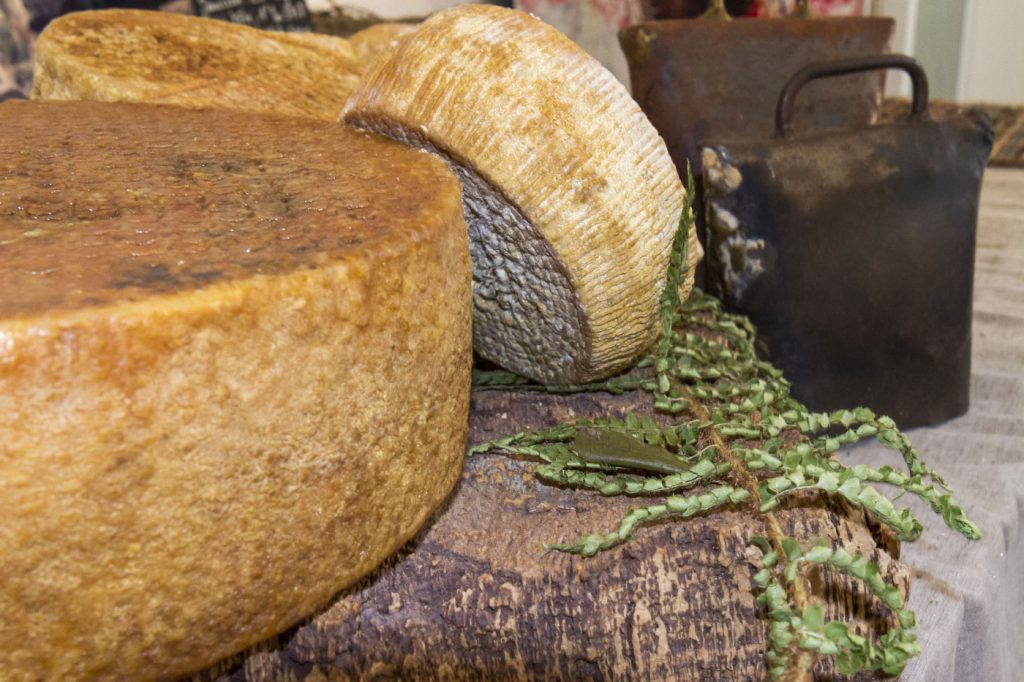Cheese
One of the pillars of the culture
Did you know that?
What characterizes a little more the insular pastoralism is the transhumance. This ancient practice allows the herds to find food all year round. In the summer, the shepherds take their herds to the mountains and in the winter they come down to the plains to enjoy all that nature has to offer to these animals, halfway between tame and wild.
Pastoralism is a fundamental of the Corsican history, culture and economy.
There used to be at least one shepherd in every family, it was the most prevalent occupation in the island. Nowaday it is mostly chosen by passion, and due to the difficulties of the climate changes and its consequences, there are less and less shepherds every year.
The Corsican cheese is most often goat and sheep
The Corsican Goat is a recognized race since 2003, but the animals have been here for millenium. Its milk gives the cheese a very distinctive taste, due to its diet in the mountains of the Island. The Corsican Sheep was long thought to be one of the Island’s main assets. The cheese is more sweet, its flavor less strong than the goat cheese.
In Corsica there is a tradition of letting the cheese “go bad”, it’s called “Casgiu Merzu”, literally meaning spoiled cheese. As bizarre as it may seem, the resulting product, with a really strong smell and even worms, is a delicacy people absolutely love… or hate, there’s no in between!
In the summer, shepherds take their flocks to the mountain so the animals can have the best diet the Island can offer. The “transhumance” is a time honored tradition, guaranteeing the quality of the products.

